We find out why galaxies are orientated this way
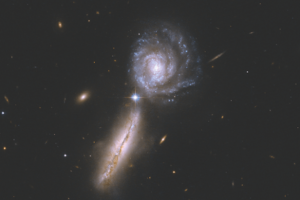 Deep Space
Deep Space

 Deep Space
Deep Space
We find out why galaxies are orientated this way
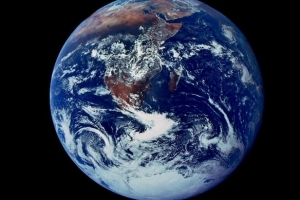 Solar System
Solar System
We answer this intriguing question
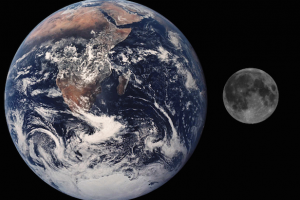 Solar System
Solar System
We find out if we’re likely to lose our Moon one day
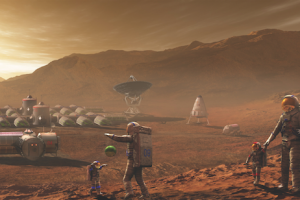 Space Exploration
Space Exploration
We take a look at the answer to this intriguing question
 Astronomy
Astronomy
Has Polaris always been known as the North Star?
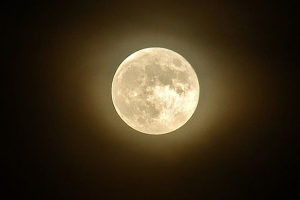 Astronomy
Astronomy
You would be forgiven in thinking that you can see the whole of the Moon
 Solar System
Solar System
The deep-space duo have come full circle
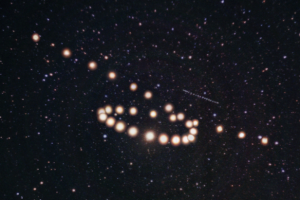 Astronomy
Astronomy
You might not be aware, but planets can gradually change direction in the sky. We find out why
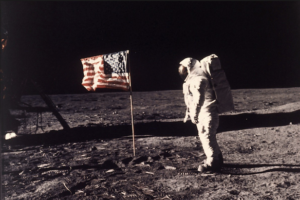 News
News
The Isle of Man Post Office has issued a set of eight stamps to commemorate the Apollo space program and the 50th Anniversary of the first manned flight to land on the lunar surface
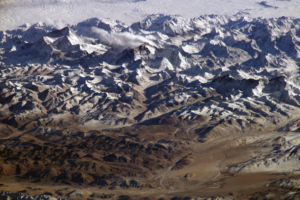 Solar System
Solar System
NASA is keeping an eye on the highest mountain ranges in Asia, as climate change alters the local ecology – and not for the better
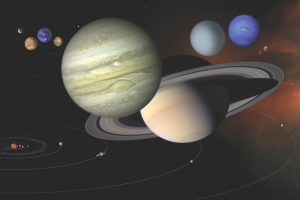 Solar System
Solar System
We take a look at why the members of the Solar System vary in colour
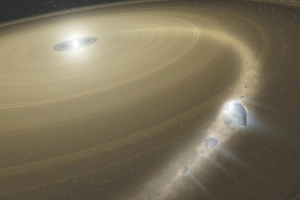 Solar System
Solar System
What is the longest-period comet we know about?
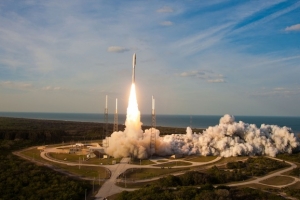 Space Exploration
Space Exploration
We reveal the answer to this intriguing question
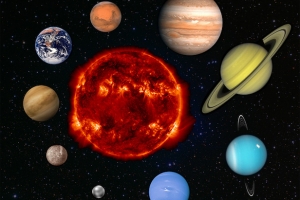 Solar System
Solar System
Out of the eight planets, from Mercury to Neptune, on which of these would you weigh the least?
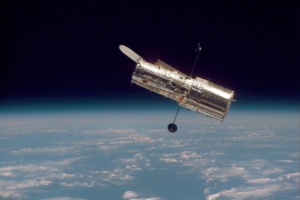 Deep Space
Deep Space
These compact stellar gatherings orbit around galaxies and typically reside in their outer and less-crowded areas, gathering to form dense communities in the galactic suburbs
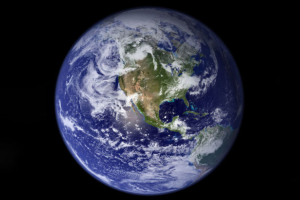 Solar System
Solar System
Think you know everything about our blue marble? Prove it by taking our quickfire in celebration of Earth Day
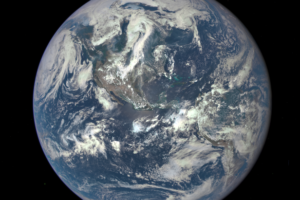 News
News
The day marks a celebration of the ‘Pale Blue Dot’ – and the spacecraft keeping a watchful eye on climate change and human impacts
 Astronomy
Astronomy
The Event Horizon Telescope (EHT) is set to release its first results – tune in wherever you are in the world
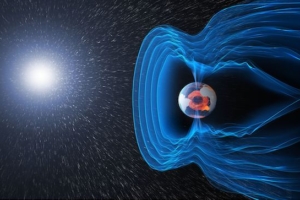 Deep Space
Deep Space
A planet’s magnetic field can help shield it from cosmic rays, stellar winds and other harmful radiation
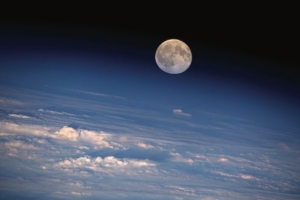 Solar System
Solar System
If the Moon was to make an approach to Earth, at what point would its material begin to be stripped?